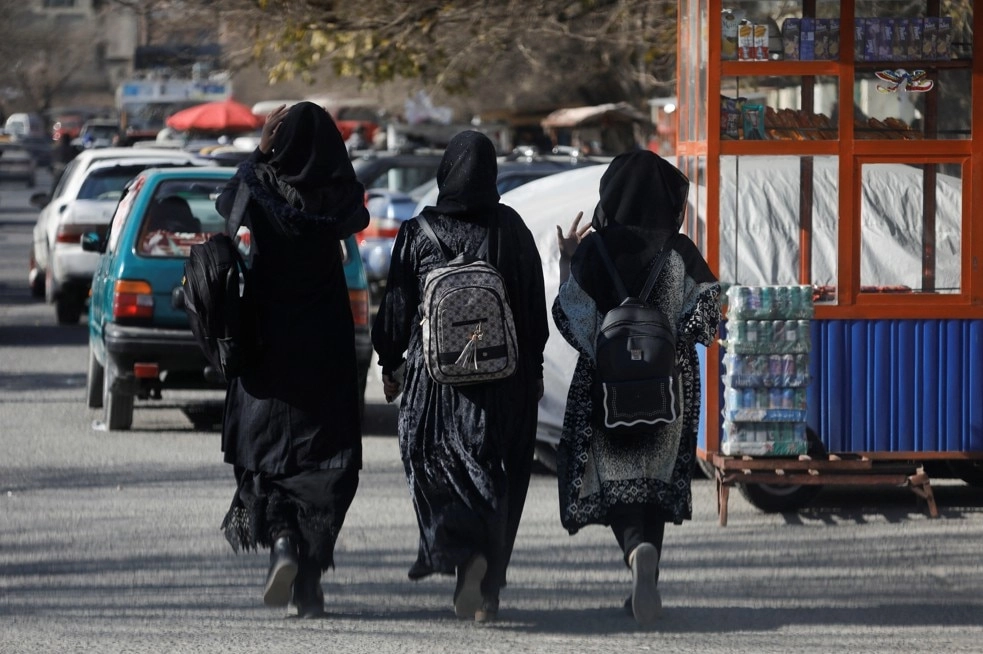In recent months, a significant number of Afghan girls have turned to madrassas, or Islamic schools, as a response to the Taliban’s ban on their education. Following the Taliban’s return to power in August 2021, the regime imposed strict restrictions on women’s rights, including a prohibitive stance on female education. This policy has led to widespread disillusionment among families who once valued formal education for their daughters. As a result, many parents are now opting for madrassas, which while limited in their curriculum, provide a semblance of educational structure and community support.
Madrassas have historically served as religious schools that focus on Islamic teachings. However, in the current context, they are increasingly becoming the only available option for girls seeking some form of education. While the curriculum in these institutions primarily emphasizes religious studies, it often lacks the breadth of subjects typically offered in conventional schooling. Despite these limitations, madrassas offer a safe haven for girls who wish to learn, allowing them to foster a sense of identity and community in an environment that has largely excluded them from formal education.
The shift towards madrassas is indicative of the broader struggle faced by Afghan girls under the Taliban’s rule. Many families view these schools as a necessary compromise, hoping that the education their daughters receive, even if it is narrowly focused on religious teachings, will equip them with skills to navigate life in a restrictive society. Additionally, the madrassas often provide basic literacy and numeracy, albeit in a minimal capacity, which can empower these girls in their daily lives and future endeavors.
However, the reliance on madrassas also raises concerns about the long-term implications of limiting girls’ education to religious instruction. Critics argue that this could hinder their prospects for higher education and professional opportunities, perpetuating a cycle of poverty and dependency. Furthermore, the Taliban’s education policies risk stifling the potential of an entire generation of Afghan girls, who could otherwise contribute significantly to their communities and the nation as a whole. The international community continues to advocate for the reinstatement of educational rights for girls in Afghanistan, emphasizing the need for a more comprehensive approach that includes access to quality education across all subjects.




